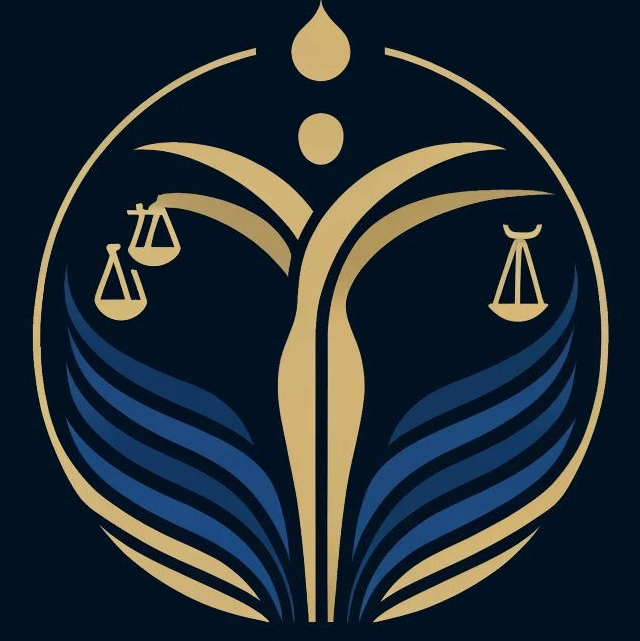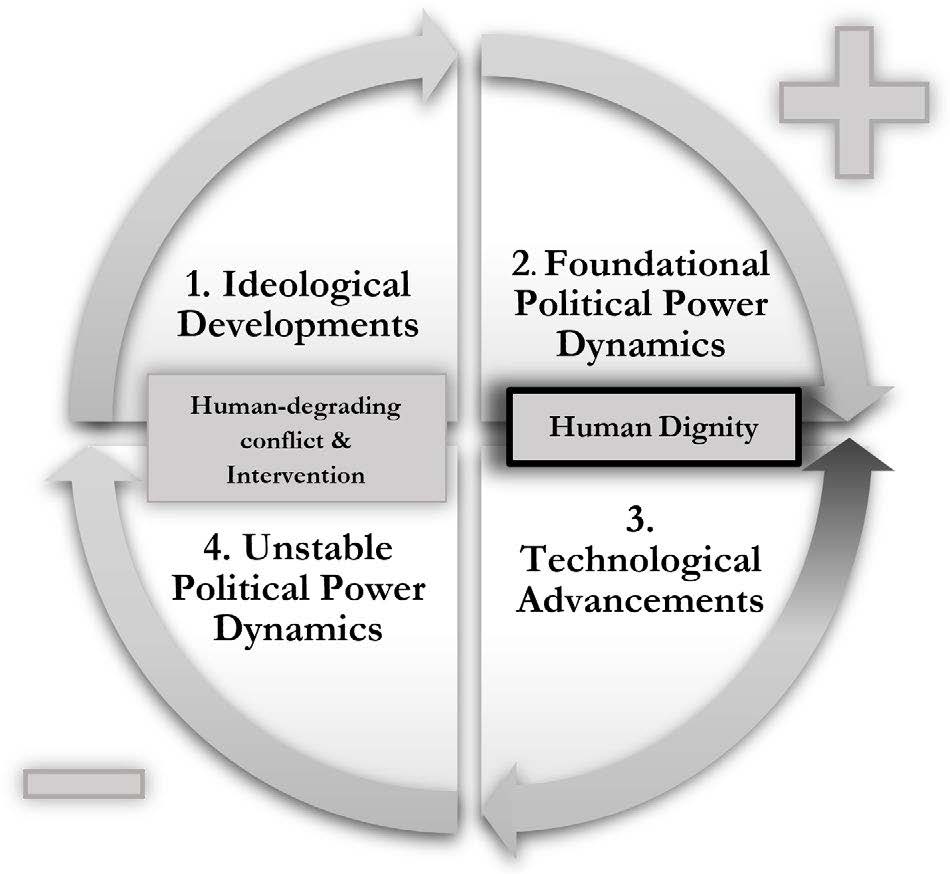Human Dignity
Through
Freedom & Responsibility
We advance an international culture of human dignity by promoting the responsible use of freedom through education, advocacy, and creating equitable opportunities.
Recommended books
Inspired by those who found meaning in the darkest hours, we explore how dignity is reclaimed through freedom. At home and abroad, the human spirit has always looked past the “fences” of conflict toward a future of responsibility.
Our curated collection offers a lens into these worldviews. View the Recommended books here.

In Viktor Frankl‘s book, Man’s Search for Meaning, Frankl describes in Part One, Section Five, a scene in which soldiers are marching him and other prisoners through Auschwitz concentration camp. Beyond the fence, he admired the meadows.
Our Book
To Champion human dignity during uncertain times at home and abroad, the Freedom and Responsibility Institute set out to research the root causes of humanity’s struggles. We are promoting the book, Conflict: Recognizing Human Dignity as a Solution to Humanity’s Greatest Challenges, which delves into “human-degrading conflict” – a form of conflict where ideologies, power, or material gain are prioritized over human value. The book illustrates how this type of conflict pervades daily life, institutions, workplaces, and interpersonal relationships, offering an actionable framework for addressing it.
Purchase the book on Amazon or your favorite bookstore.
Thoughts and Reflections
Join the dialogue as we explore ideas that advocate for a global culture of dignity. We discuss how we can work towards a world which recognizes Human Dignity, the root causes of “human-degrading conflict”, and honor the historical figures who paved the path toward a future of responsibility by studying their works.

Freedom is the open door to act with conscience; responsibility is the commitment to ensure that every action respects the dignity of others.


